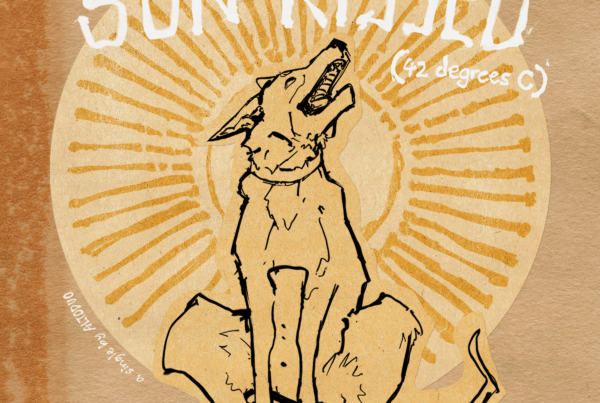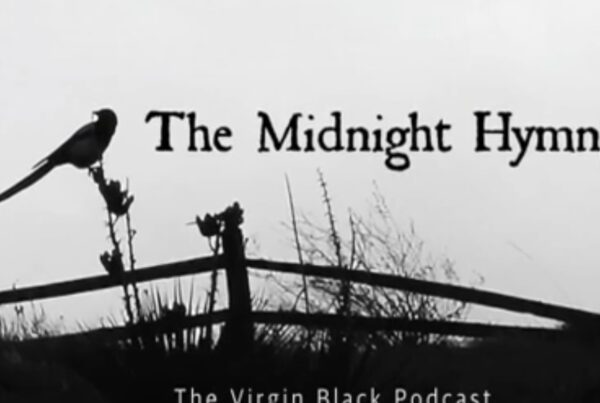For many young musicians today, understanding who the real songwriter is can be confusing. When we talk about collaborators, producers, performers, or even session musicians, it’s easy to become lost in it all.
So let’s go back to basics and identify what makes a song first, before we decide who the real songwriter, or songwriters are.

A song (known as a musical works) is made up of two distinct parts, although some works will only have one. All of this is known as The Composition, and attracts ‘Composition’ royalties.
First, we have the melody, which is the music in the song. This can include one or a number of instruments combined together to make the music that we listen to. Secondly, we have the lyrics. Of course, not all works contain lyrics, like instrumentals.
Each of these two halves hold 50% in value. This means that if one person wrote the lyrics, they are entitled to 50% of the songwriting royalties. The other 50% will then go to the person, or persons who created the melody, which in some cases can be the same person who wrote the lyrics.
In some cases, a band may decide to split the songwriting percentages equally among each member of the band, regardless of how much they contributed. In different circumstances, one person might write the lyrics (50%), another person might write the melody, but then get some help from a different person to finish that melody, or the overall music for the song. In this situation, it must be decided who gets what percentage of the last 50%. There are many different ways a song can be split depending on who contributed to creating the melody or the lyrics.
When recording a song, things can change again. Sometimes a producer might suggest moving the chorus to a different point, and put in a special bridge, or something else. It must be decided whether that producer contributed to making, or altering the melody of the song or just moved things around. Then decide whether they are awarded songwriting credits or not. If they did not change the overall melodies of the song, then they are not a songwriter.
This can become very complicated in some situations, and so it’s very important to consult people who understand this area of business, like a music publisher, lawyer or of course our team of experts at Dark Escapes Music.
In the end, it’s always important to check if you are not sure. You don’t want to write a hit song and have someone else start taking your money.
If you are looking for a music publisher, shoot us a message via hello@darkescapespublishing.com or click here.




